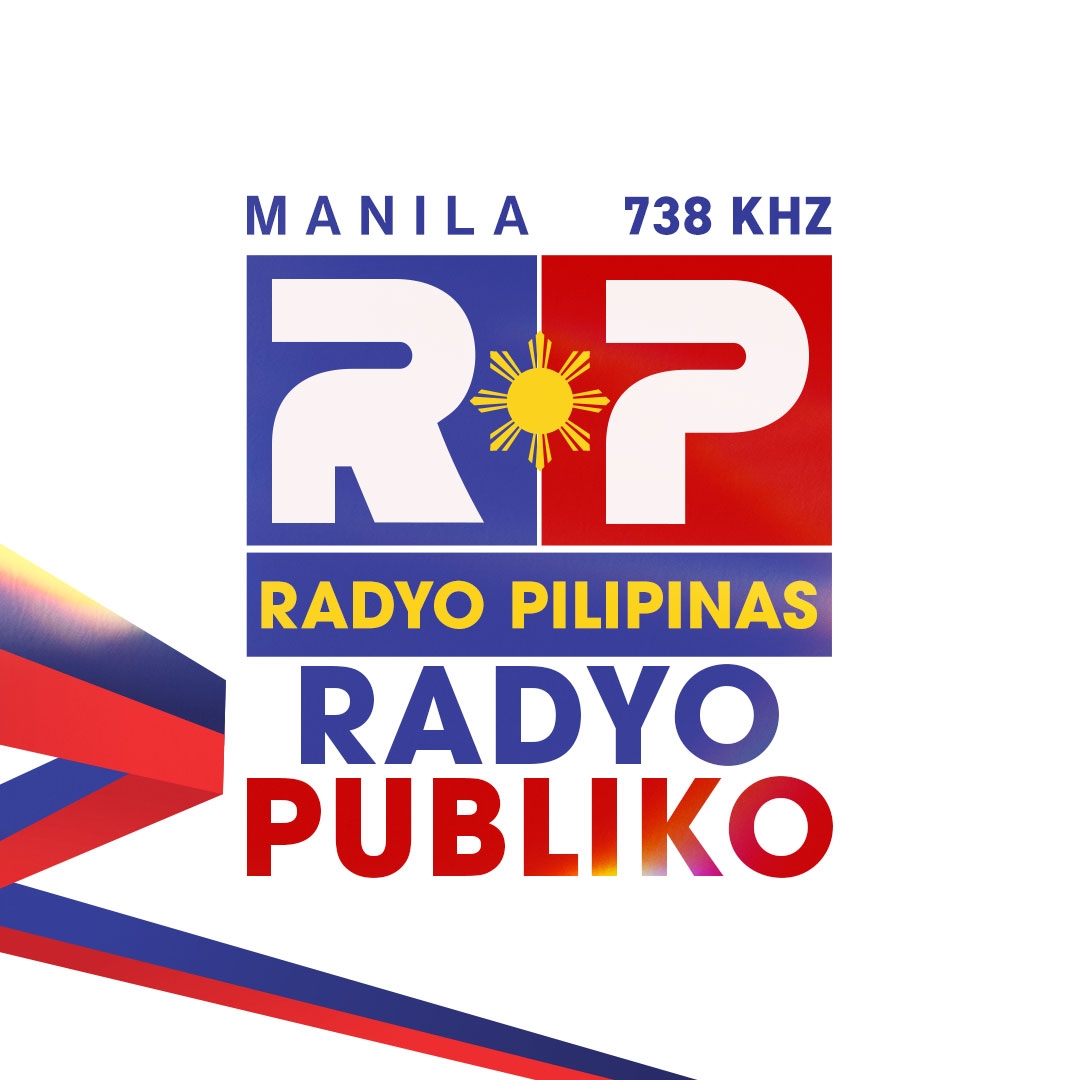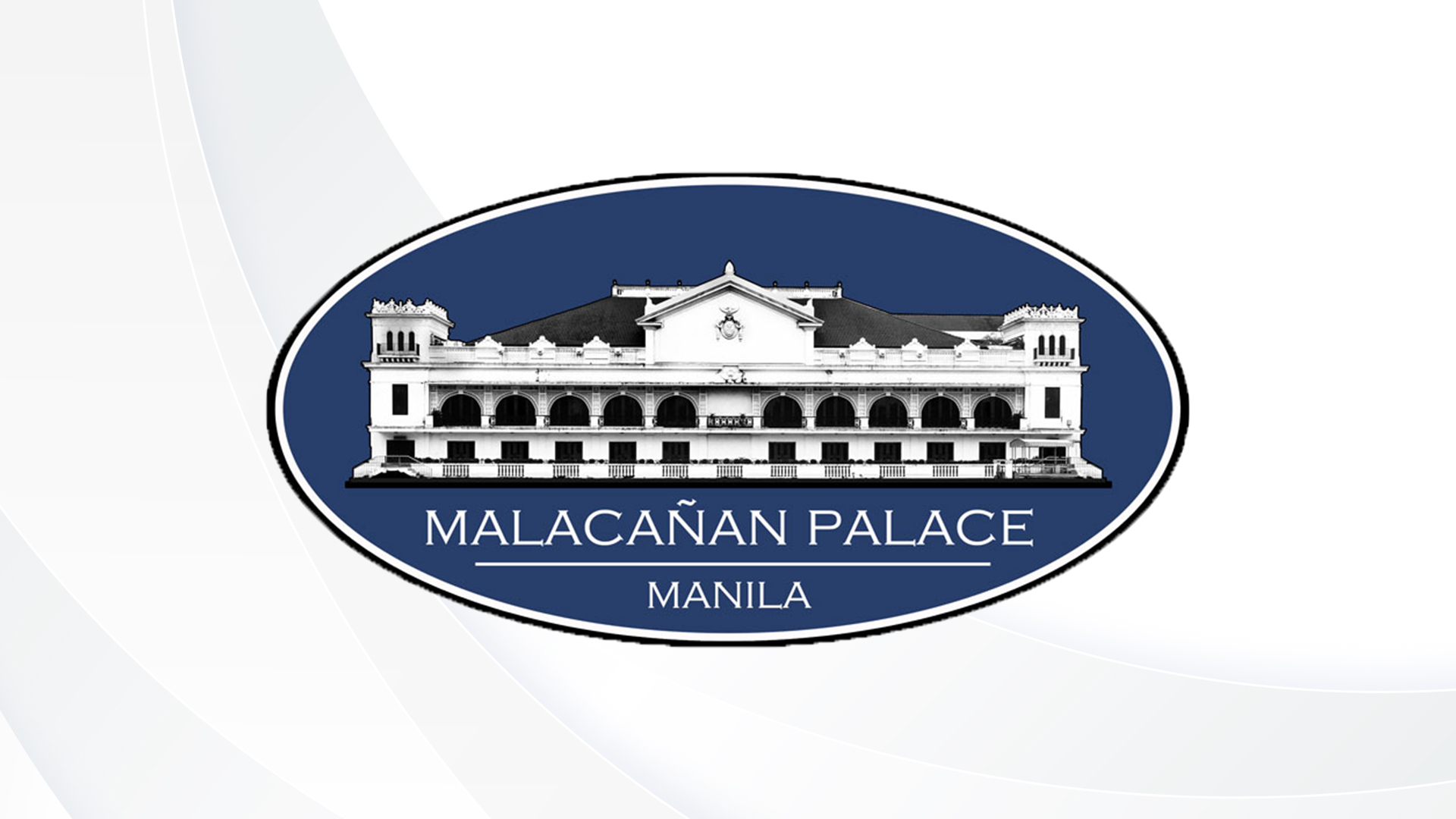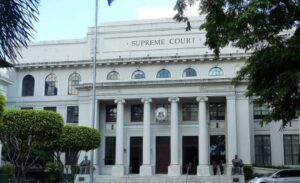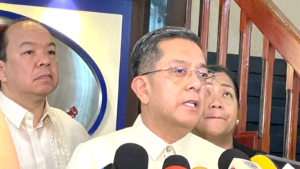Ipatutupad na ng pamahalaan ang digital at integrated pre-border technical verification at cross-border electronic invoicing ng lahat ng imported commodities.
Layon nitong pabilisin ang i-inspeksyon ng lahat ng imported goods na papasok sa Pilipinas, at upang mapa-igting pa ang national security, at masiguro ang karapatan ng mga consumer, kasabay ng pag-protekta sa kalikasan, laban sa sub-standard at mapanganib na imported goods.
“A single electronic invoicing system controlled by the Philippine Government is necessary to effectively monitor international trade transactions of all imported goods,” —PCO.
Sa bisa ng Administrative Order No. 23, ipinag-utos ni President Ferdinand R. Marcos Jr. ang pagbuo ng Committee for Pre-border Technical Verification and Cross- border Electronic Invoicing.
Ang komite na ito ay bubuoin ng secretary of finance bilang chairperson, habang ang mga kalihim ng agrikultuta, trade, energy, health, environment and natural resources at information communications technology ang magsisilbing mga miyembro.
“Other members include the BOC commissioner, director general of Philippine Drug Enforcement Agency (PDEA), and two non-voting representatives from duly recognized industry associations to be appointed by the chairperson upon recommendation of the committee.” —PCO.
Ang Bureau of Customs (BOC) ang responsable sa pagpapatupad ng electronic invoicing system, alinsunod sa strategic direction at policy guidance, international trade standards, at mga umiiral na batas.
“The provisions of the order shall be applied to all import commodities in three phases: Phase one for agricultural goods; phase two, non-agricultural goods with health and safety issues; and phase three, other goods with misdeclaration to avoid duties and taxes.” —PCO. | ulat ni Racquel Bayan



